
A Scottish court has granted approval for legal challenges to the Rosebank and Jackdaw oil and gas fields to proceed to a hearing.
The Court of Session in Edinburgh has set a hearing date of 12 November in the case brought by environmental campaign groups Greenpeace and Uplift.
The groups lodged separate legal challenges to Equinor and Ithaca Energy’s Rosebank and Shell’s Jackdaw plans in 2022 and 2023 respectively.
The developments both received approval from the North Sea Transition Authority (NSTA), but a recent Supreme Court ruling has cast doubt over the projects.
Following the decision in the Finch Case, which centred on downstream emissions from an onshore oil well in Surrey, legal experts told Energy Voice it would likely strengthen the case against Rosebank and Jackdaw.
In August, the UK government said it would not defend the approval of the two fields in court in the wake of the Finch ruling. .
The Finch decision has already had an impact on fossil fuel producers in the UK after the High Court subsequently removed planning permission for a coal mine in Cumbria.
Rosebank a ‘bad deal for Britain’
In its case, Uplift will argue that the Rosebank development is unlawful because it is not compatible with legally binding climate targets, it ignores the impact of Scope 3 emissions, and that it will damage a protected marine area in the North Sea.
Climate lawyer and Uplift executive director Tessa Khan said Rosebank is a “bad deal for Britain”.
“Rosebank would do nothing to lower bills or boost our energy security as most of its oil would be exported and, because of huge tax breaks for new drilling, the UK public would effectively cover a huge chunk of the costs of developing it,” Khan said.
“It won’t provide long-term security for oil and gas workers and their communities, who want good clean energy jobs that have a future.”
Khan said the stakes in the legal case “should not be underestimated”.
“Experts have long warned that there can be no new oil and gas developments if we’re to have a hope of staying within safe climate limits,” she said.
“With every passing month, the evidence against a huge project like Rosebank mounts up, whether that’s months of flooded fields damaging UK food production, or extreme temperatures and lethal flooding across Europe.
“This case is about protecting ourselves against the worsening climate crisis and putting an end to oil and gas industry profiteering.”
Greenpeace fighting ‘corporate greed’
Meanwhile, Greenpeace said following the Supreme Court decision in July that downstream emissions from Rosebank and Jackdaw “must be taken into account”.
Greenpeace said the UK government decision not to defend the case was a “tacit acceptance of the illegality”.
Greenpeace UK climate team leader Mel Evans said the organisation will “continue to fight the corporate greed of fossil fuel companies like Equinor, Shell and Ithaca”.
“Both the government and the Supreme Court agree that you cannot ignore the emissions generated from burning fossil fuels,” Evans said.
“Equinor, Shell and Ithaca know this, and they know that the consents for these fields are unlawful.
“But despite this they are continuing to develop them during this judicial review, putting people, marine life, and our climate at further risk.”
Evans also argued Rosebank and Jackdaw will not provide energy security or bring down bills, alongside causing significant greenhouse gas emissions.
“If it went ahead, the Rosebank oil field could release as much carbon as 56 coal plants running for a year, costing UK taxpayers billions in subsidies, while lining the pockets of its big oil owners.
“And the Jackdaw field will produce more CO2 than the annual emissions of Ghana.
“The oil companies are trying to hide this from the public and the government.”
Rosebank and Jackdaw
A spokesperson for Shell told Energy Voice that no decision has been taken on the substance of the Greenpeace case against Jackdaw.
“From the outset, Jackdaw has been developed in line with all relevant consents and permits,” the spokesperson said.
“At the substantive hearing of the judicial review in November, Shell will argue that those existing consents to develop Jackdaw should remain in place.
“We accept the Supreme Court’s ruling in the Finch case, but will argue that Jackdaw is a vital project for UK energy security that is already well under way.
“Stopping the work is a highly complex process, with significant technical and safety issues now that infrastructure is in place and drilling has started in the North Sea.”
The Shell spokesperson said Jackdaw will provide enough fuel for UK customers to heat 1.4 million homes, “strengthening energy independence for Britain, as other older gas fields reach the end of production”.
Meanwhile, a spokesperson for Equinor said the company does not comment on ongoing litigation “in principle”.
“Equinor welcomed regulatory approvals for the Rosebank development in 2023 and will continue to work closely with all relevant parties to progress the project,” the spokesperson said.
“It is vital for the UK and will bring benefits in terms of local investment, jobs and energy security.”
Ithaca Energy declined to comment.
Recommended for you

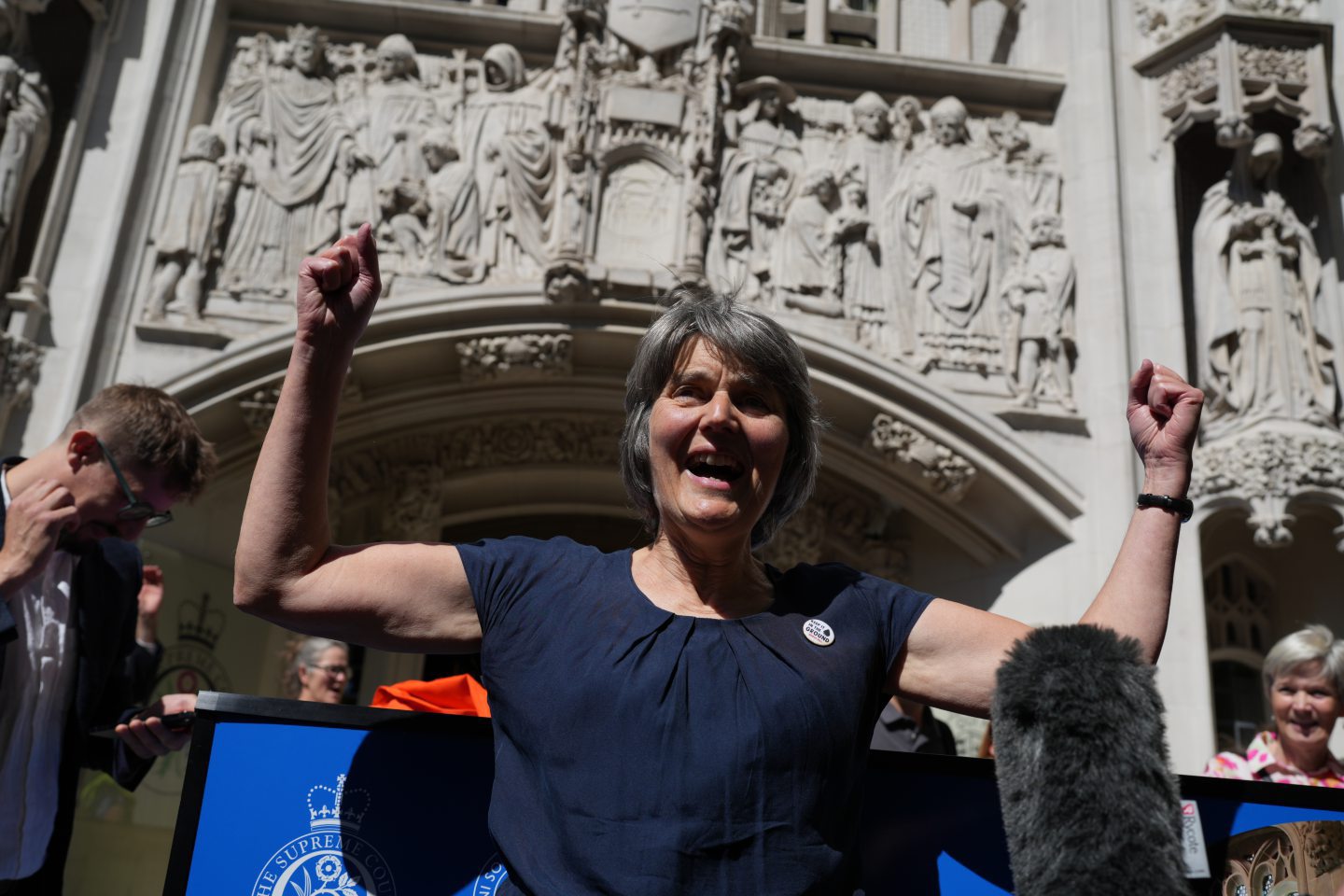 © Supplied by Friends of the Earth
© Supplied by Friends of the Earth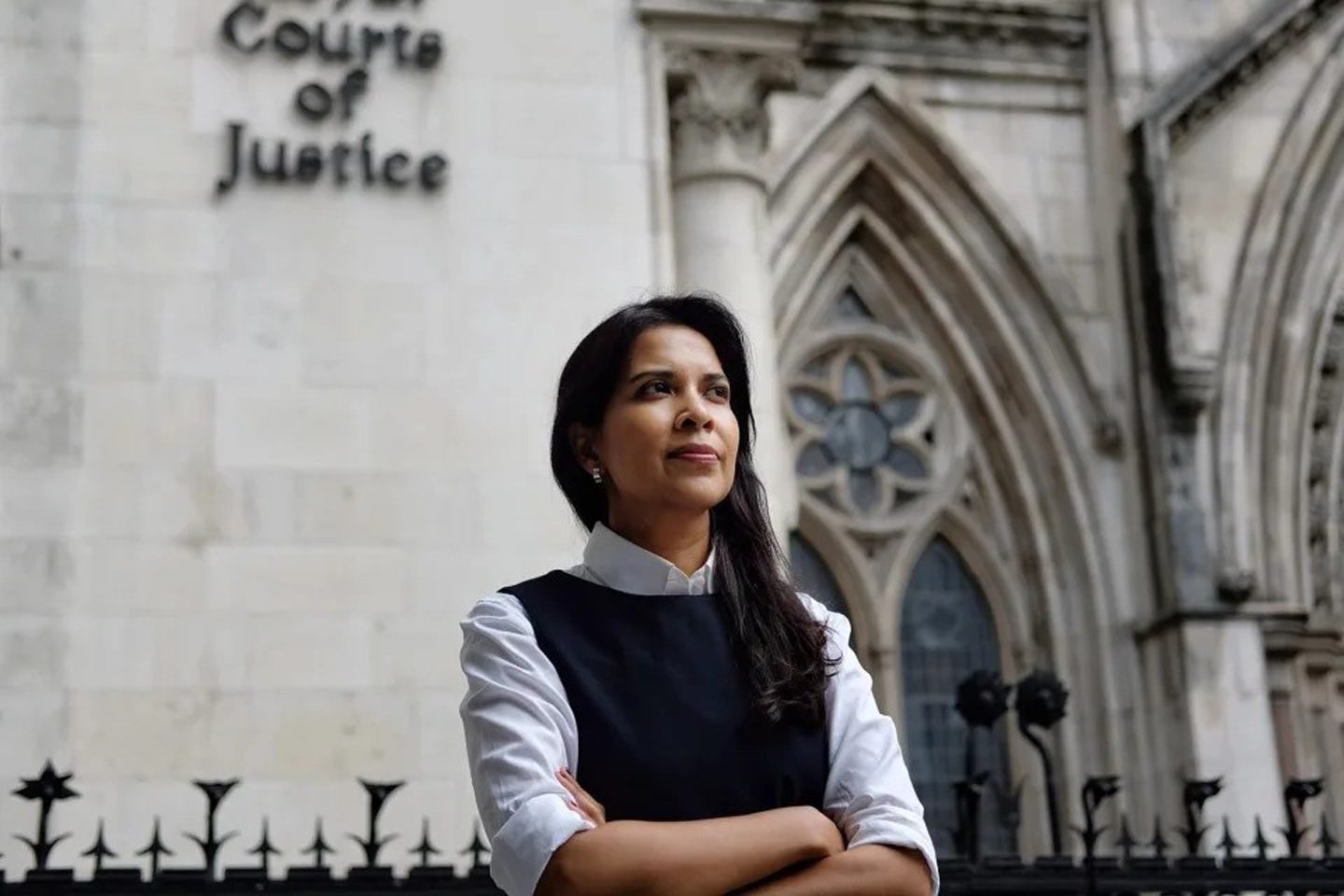 © Uplift
© Uplift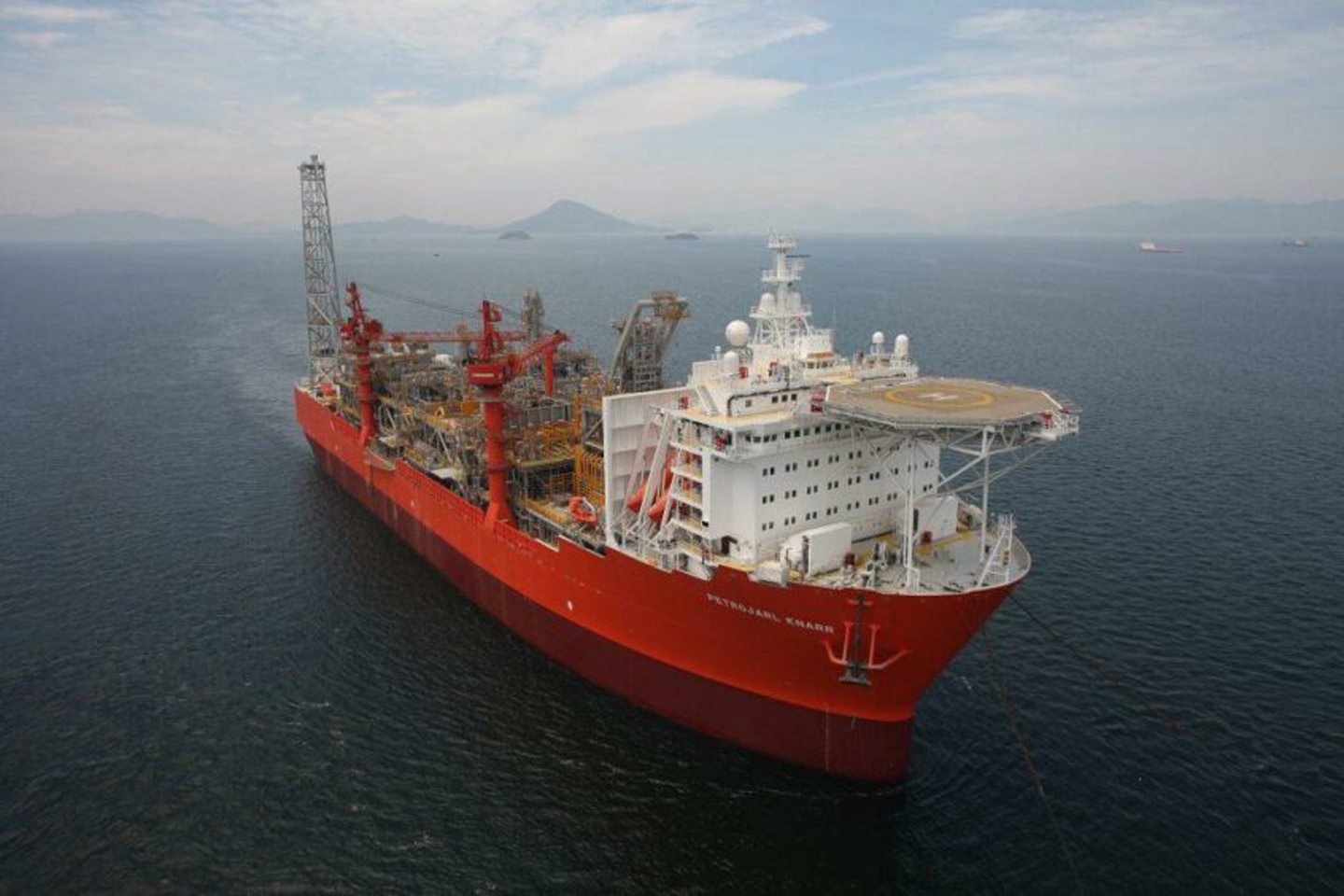 © Supplied by Teekay
© Supplied by Teekay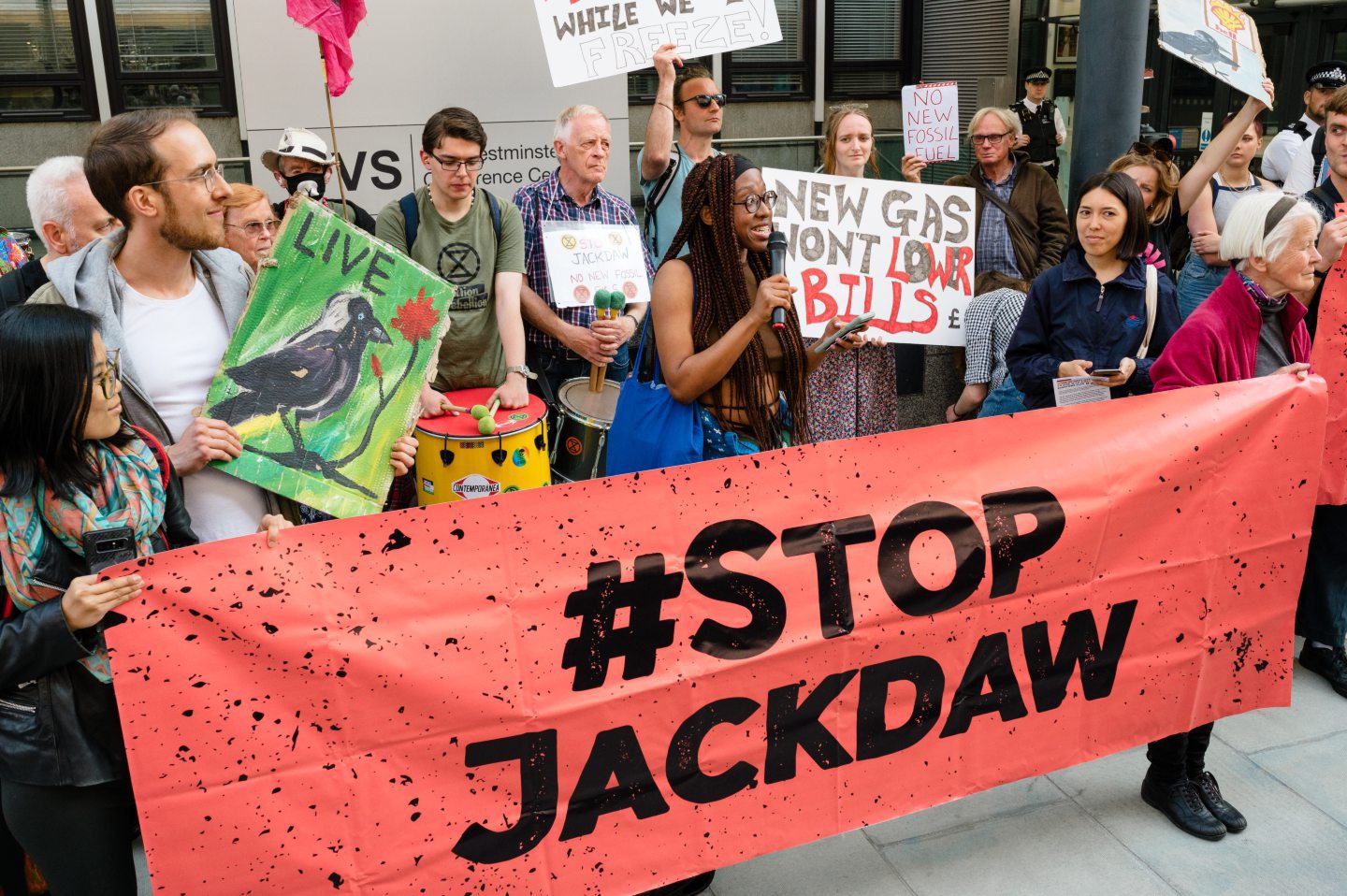 © Supplied by Uplift
© Supplied by Uplift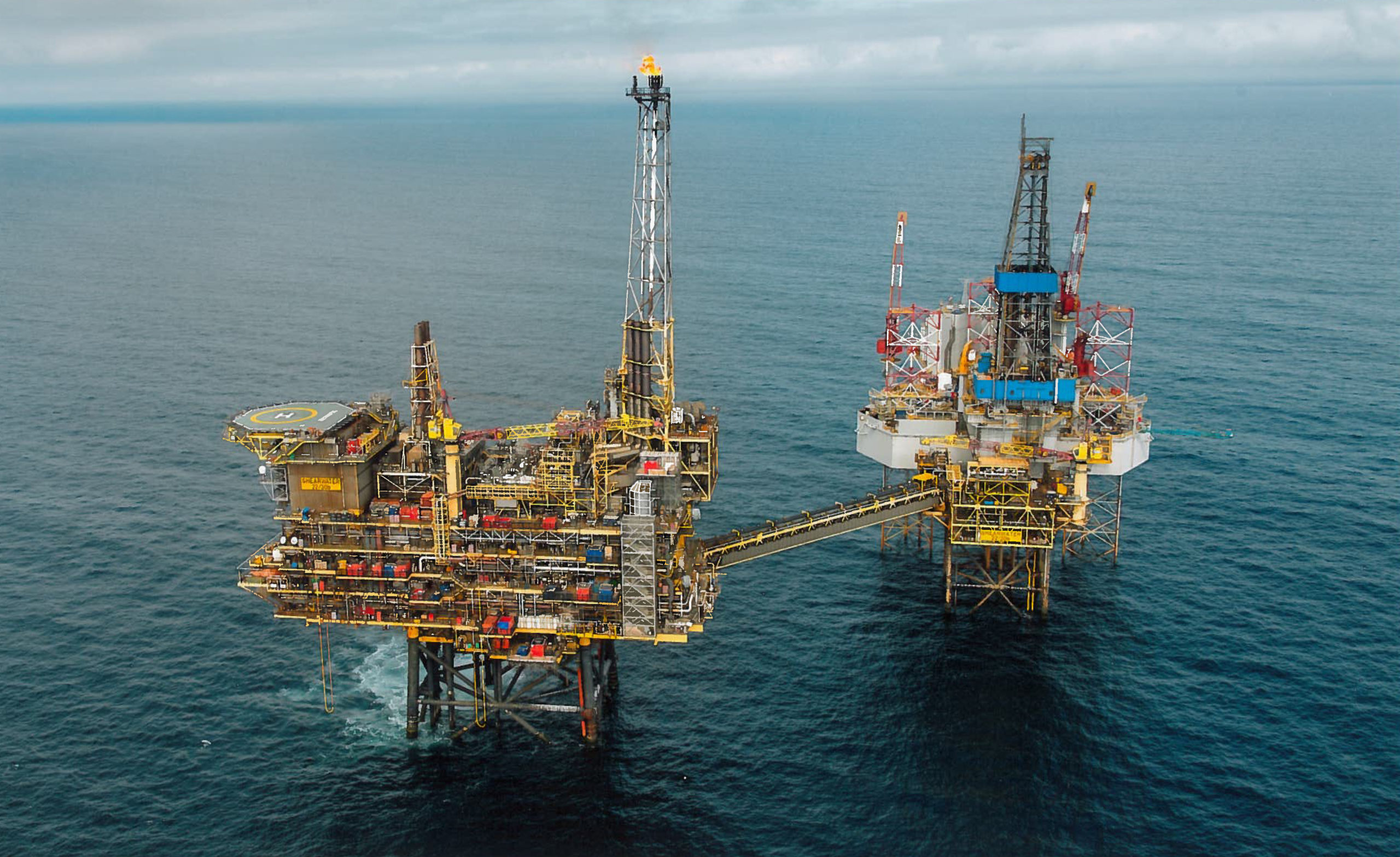 © Shell
© Shell